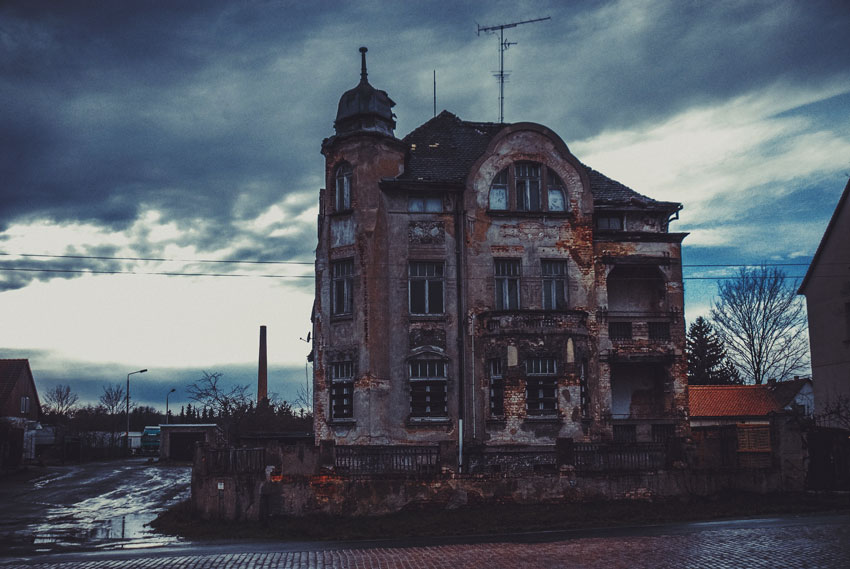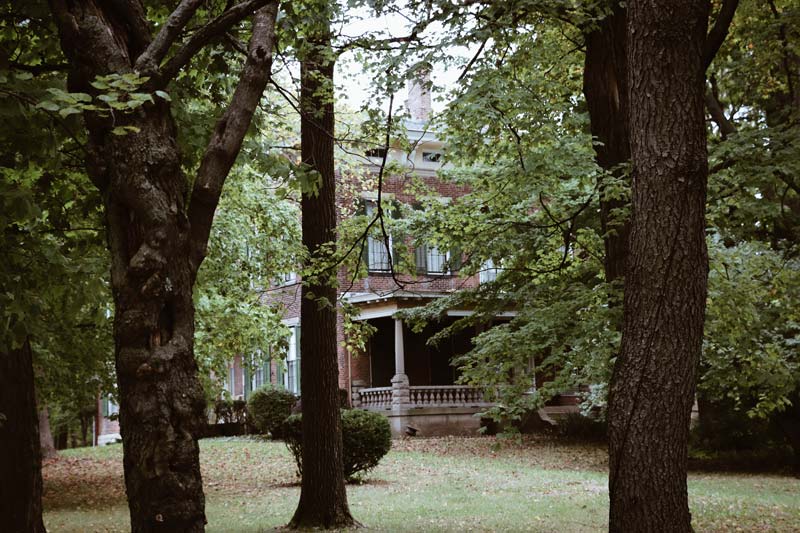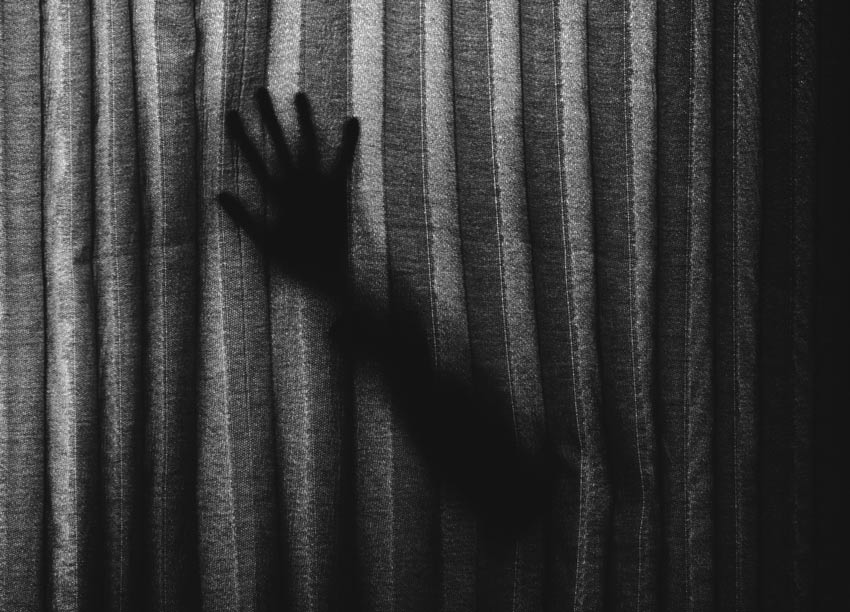Who Is Responsible If I’m Injured at a Haunted House?
October is the perfect month to go with friends or family to a haunted house for a good scare. However, accidents can occur on these properties that are truly terrifying. If you’re injured at a haunted house, who is responsible? First, we need to establish what kind of haunted house you went to. There are […]

October 10, 2017

October is the perfect month to go with friends or family to a haunted house for a good scare. However, accidents can occur on these properties that are truly terrifying. If you’re injured at a haunted house, who is responsible?
First, we need to establish what kind of haunted house you went to. There are three different kinds: historical, amateur, and professional.
Historical

Many small towns in Indiana boast haunted mansions, barns, and other historical locations for anyone looking for a good scare. Sometimes, these properties merely moonlight as haunted houses but are actual venues for weddings, banquets, and receptions during the day, like the Hannah House right here in Indianapolis.
If you decide to brave a historically haunted house, it’s best to go through some kind of program. You’ll limit your options for recovery if you choose to trespass on someone else’s property. Even if it’s a known location for paranormal enthusiasts, it’s still a good idea to make sure someone knows about and has approved of your presence on the property. If no one knows you’re on that property, it’ll be difficult to prove that someone else’s negligence caused your injury.
However, there are some laws that protect trespassers when a property owner leaves hazards unattended in a deliberate attempt to harm trespassers, so you may be able to recover depending on the circumstances of your injury. Still, it’s best to avoid such a risk and instead go through a reputable organization if you want to tour a historical property, or else secure permission from the property owner herself for your excursion.
Amateur

The second type of haunted house is an amateur one. These are your one-night-only haunted houses put on by schools, churches, or neighbors. Although often created with good intentions, these haunted houses fall easily to hazards that professional institutions know to avoid.
For example, the effects in amateur haunted houses are often low-budget, and many rely on darkness to achieve their ghostly aesthetic. However, such darkness makes it easy for people to slip and fall. If the darkness is excessive or used in a space not properly cleared of trip hazards, the organization or family putting on the haunted house may be held responsible if you fall down and suffer injuries.
Amateur haunted houses may not know of the dangers their event presents. However, if they should have known, they may still be held responsible. For example, if an amateur haunted house doesn’t properly ventilate rooms using artificial fog machines, carbon monoxide may develop, poisoning guests. Perhaps the organization putting on the haunted house didn’t know the fog machine would generate carbon monoxide. However, because they should have known, they may still be held responsible.
Professional

The last kind of haunted house is a professional one. These businesses often hire actors to scare visitors. They have specific areas designated for visitors and more “backstage” areas for employees.
There are certain injuries for which you likely won’t be able to recover. These types of injuries typically fail to trace back to the company directly. For example, if you choose to wander off the designated path and injure yourself in an employee-only zone, you would be responsible for your injury, not the company.
You may also be asked to sign a waiver before entering a professional haunted house. This typically protects the company from a lawsuit for certain types of injuries. For example, it may say that if you’re injured because of the conduct of one of its actors, the actor is liable, not the company itself. It may also say that the company is not liable if you suffer mentally or emotionally due to your experience at the haunted house, or if you suffer cardiac issues from being scared.
However, even if a professional haunted house asks you to sign a waiver, there are still some injuries that can be traced back to the company’s negligence. If you slip and fall due to a known hazardous condition—for example, if you trip on an uneven floor or in a dark, crowded room without marked exits—the establishment may be held responsible. If you’re injured on an exposed nail that the establishment knowingly leaves exposed for their haunted aesthetic, you may be entitled to compensation from the business. The establishment may still be held responsible for its employees, regardless of what their waiver says. If you’re injured due to an actor with multiple previous offenses who hasn’t been fired or suspended, liability would likely fall on the business.
Help from an Indiana Personal Injury Lawyer
Haunted houses are a great way to give yourself a scare this Halloween season without encountering real danger. However, some haunted houses neglect to address certain hazards that may injure their guests. If you’ve been injured at a haunted house, an Indiana personal injury lawyer may be able to help. Call Hensley Legal Group today or contact us online for a free consultation.
Available 24/7
Free Case Review
You won’t pay any fees until we win your case.
It’s easy - you can: